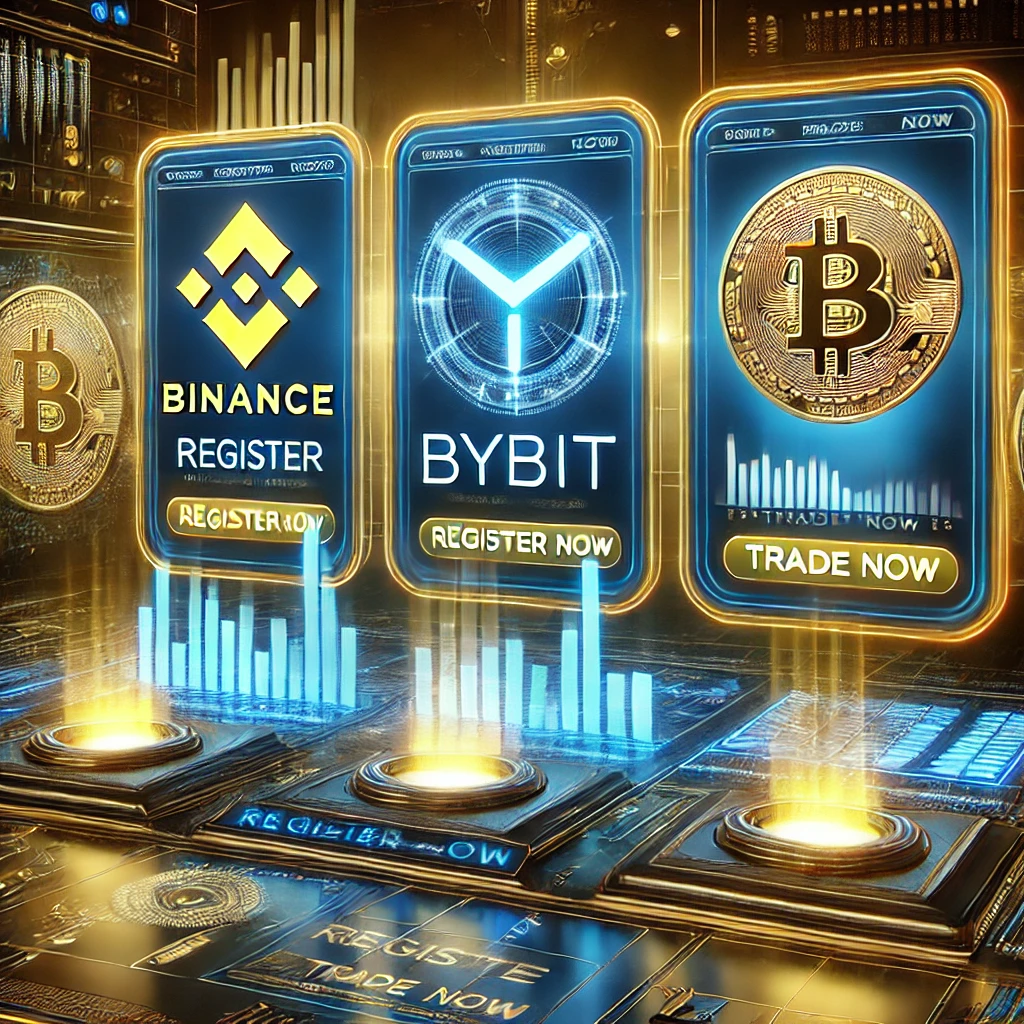Smart contracts are one of the biggest innovations in blockchain technology. They allow transactions and agreements to be executed automatically without the need for intermediaries. This has transformed industries like finance, gaming, and real estate.
In this article, we’ll cover:
🔹 How smart contracts work
🔹 Key benefits of smart contracts
🔹 Real-world applications
1. What Is a Smart Contract?
✅ A smart contract is a self-executing contract with the terms written in code.
✅ When predefined conditions are met, the contract automatically executes actions like sending payments, verifying ownership, or transferring assets.
✅ Smart contracts run on blockchain networks, ensuring security, transparency, and automation.
📌 Example: If Alice sends 1 ETH to Bob for a digital service, the smart contract automatically releases the payment once Bob completes the work—no need for a middleman.
2. How Do Smart Contracts Work?
1️⃣ Agreement is written in code (usually in Solidity for Ethereum).
2️⃣ Contract is deployed on the blockchain (Ethereum, Binance Smart Chain, etc.).
3️⃣ Users interact with the contract by sending crypto or triggering actions.
4️⃣ Conditions are verified by the blockchain.
5️⃣ Execution happens automatically (e.g., funds are transferred).
📌 Example: On Uniswap, when you swap tokens, a smart contract automatically matches and processes the trade.
3. Key Benefits of Smart Contracts
✅ Trustless Transactions: No need for third parties like banks or notaries.
✅ Transparency: The contract rules are visible to everyone.
✅ Security: Data on the blockchain cannot be altered.
✅ Efficiency & Speed: Transactions happen instantly when conditions are met.
✅ Lower Costs: Eliminates middlemen, reducing fees.
📌 Example: Traditional real estate transactions take weeks to complete. With smart contracts, property transfers can happen instantly without lawyers or banks.
4. Real-World Applications of Smart Contracts
💰 DeFi (Decentralized Finance)
✅ Smart contracts power DeFi platforms like Uniswap, Aave, and Compound, allowing users to lend, borrow, and trade without banks.
📌 Example: On Aave, users can lend crypto and earn interest without needing a financial institution.
🎨 NFTs (Non-Fungible Tokens)
✅ Smart contracts allow artists to mint NFTs and sell them on platforms like OpenSea and Rarible.
📌 Example: When an NFT is resold, the original creator automatically receives royalties through smart contracts.
🏠 Real Estate & Property Transfers
✅ Smart contracts enable automated property sales, reducing paperwork and fraud.
📌 Example: A buyer can send funds to a smart contract, which automatically releases the ownership rights once payment is confirmed.
🚚 Supply Chain & Logistics
✅ Companies use smart contracts to track goods, verify authenticity, and automate payments.
📌 Example: Walmart uses blockchain to track food shipments, ensuring product quality and reducing fraud.
5. How to Use Smart Contracts?
🚀 Trade Crypto & DeFi Tokens on Binance
👉 Join Binance Now
📈 Trade Crypto with Smart Contract-Based Platforms on Exness
👉 Start Trading on Exness
Smart contracts are revolutionizing industries and will continue to play a major role in the future of blockchain technology! 🚀

